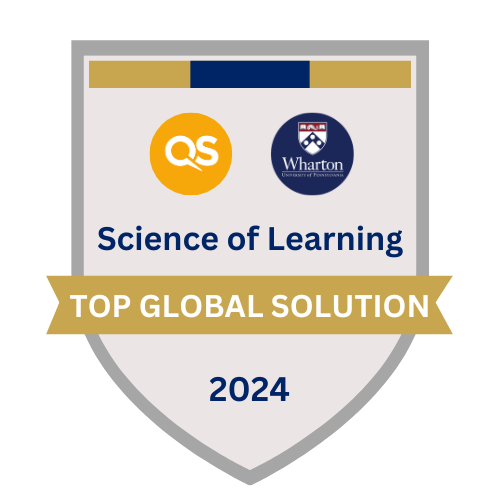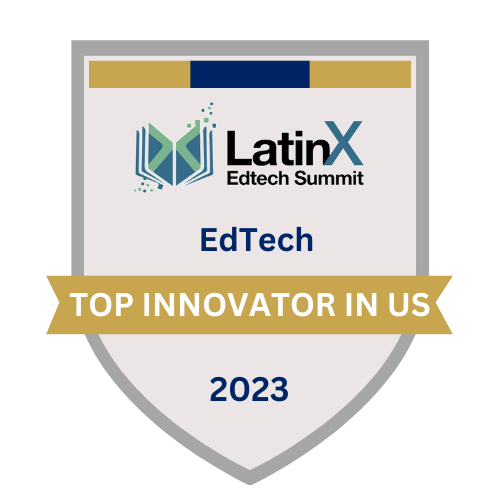Learning Transformation
Develop the Skills Students Rely on for Learning & Align Teaching for Mastery
Core issues challenging the education system
The Symptoms
Absenteeism
Chronic absenteeism remains 75% above pre-pandemic levels, jumping from 15% in 2018-2019 to 26% in 2022-23.
College Readiness
60% of high school graduates need remedial courses, 40% drop out of four-year colleges, and only 5% of community college students complete a two-year degree on time.
Student Wellbeing
45% of students feel persistent sadness or hopelessness, 20% seriously consider suicide, and 10% attempt it. Most students reporting negative feelings also struggle academically.
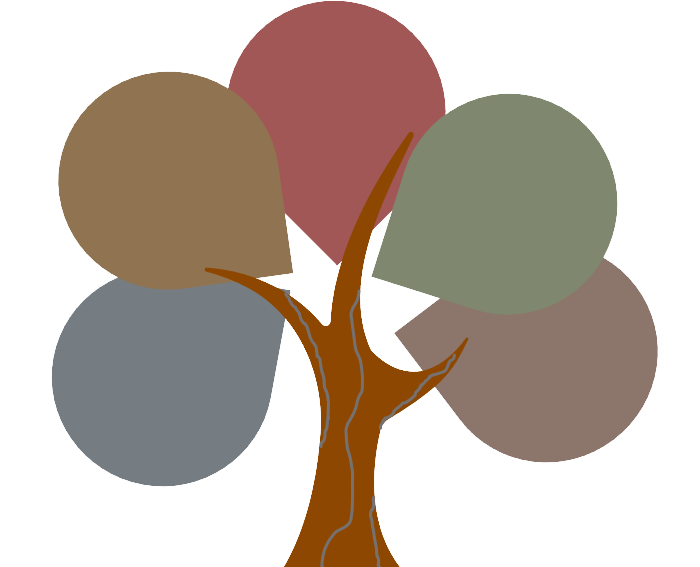
Academic Performance
Standardized test scores paint a grim picture: 40% of elementary students are proficient in math and 36% in science (a low score to begin with), but by high school, these drop to 25% and 20%, respectively
Engagement
75% of third graders are engaged, but by tenth grade, only 25% remain engaged. Misconceptions about teaching and learning based on intuition have led to an epidemic of disengagement in schools.
Teaching
The current approach to teaching is disconnected from how students learn
(Hynes, 2014).
The Root Causes
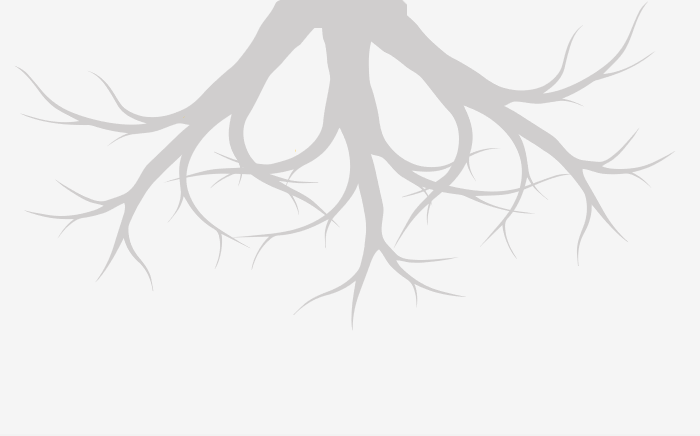
..
Assessments
Current assessments fail to capture what matters most, and do not provide key stakeholders with the insights they need to accelerate learning
(Tim Knowles, Carnegie Foundation, 2023)
Learning
Learning is a scientific process, and for students to learn optimally they must be taught (Bjork et al., 2013: Dunlosky 2021).

COGx Addresses the Root Causes
COGx Empowers Educators to Teach for Mastery & Develop 21st Century Skills for their Students
We developed evidence-based programs with the leading experts on human learning. This empowers educators to teach effectively and students to learn efficiently and independently. You select which programs you’d like exclusive access to in a personalized learning platform for your school.
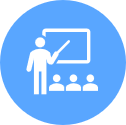
COGx Educator Programs (PD)
Educators are far more effective at teaching what they know if they master how students learn. Yet, this information is rarely included in pre-service training or in-service training. Ignoring this does not set up educators or students to succeed. COGx closes this gap with a robust, flexible and proven program offering that can be customized to meet each organization’s needs.
Our professional development programs provides educators compelling research and insightful application to bolster teaching efficacy and improve your students’ ability to learn.
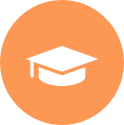
COGx Student Programs
Research reveals that students rely on the least effective strategies to learn. This causes students to work too hard and/or underperform. An education is incomplete if we fail to teach our students how to learn optimally. COGx closes this gap by democratizing the science of learning for students with various versions of the program for middle school through college-level students.
Our blended program for students helps them master evidence-based techniques and strategies based on the Science of Learning. It teaches students to process information effectively, amass knowledge reliably, and learn deeply.
COGx has been devoted to translating scientific research and evidence-based practice into accessible programs. They are rigorous in their approach and committed to applying research findings and evidence with fidelity. As a result, they are making great strides in changing the status quo in education to one that embraces scientific research on learning.


